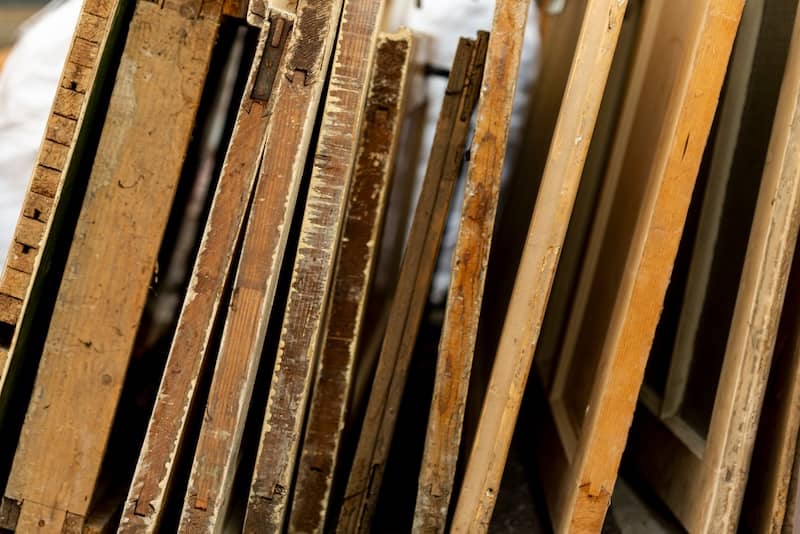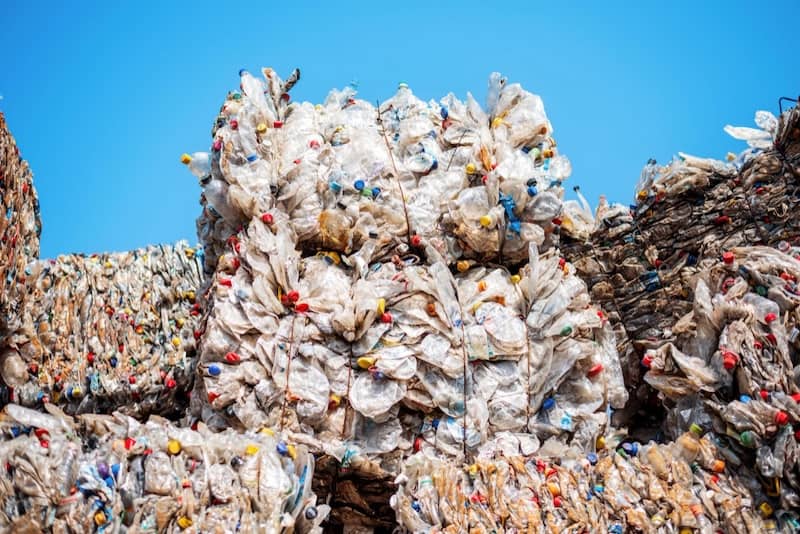In 2015, Polish social scientist Professor Leszek Sibilski wrote the first of two papers about the bicycle and its ability to elevate the human condition even in the poorest of circumstances. He recognized the bicycle as an inexpensive means of transportation with little impact on the environment. As an elite cyclist himself, he further recognized the health benefits of the regular exercise the sport offers and the enjoyment it brings. He concluded that this simple two-wheeled contraption invented nearly 200 years ago was not only efficient and fun, but it posed a solution to environmental pollution, health conditions like obesity and diabetes, and it was inexpensive enough to be accessible to the masses. Three years later, after many speeches, Professor Sibilski convinced the UN to pass a resolution establishing June 3rd as World Bicycle Day.
Bicycles are the most efficient means of human transport, requiring less energy to cover long distances than walking. Bicycles are an ideal form of transportation for many in developing countries, and because they do not burn any fuel, they produce no greenhouse gases. Unfortunately, they are not immune from producing toxic waste. Rubber bicycle tires and tubes, like car tires, are made of non-biodegradable rubber compounds. If discarded in landfills, this rubber breaks down slowly to form microplastics that contaminate the soil and the water.
Cleaning Up
Keeping these products out of landfills requires a three-pronged approach. The first is to reduce our use of this harmful rubber. That may sound impossible because we all know that flat tires are a fact of life. However, you may be able to cut back on the number of bicycle tire tubes you dispose of by repairing minor punctures instead of throwing them out. You may also want to consider replacing your current tires with tubeless tires. These tires do not require an inner tube. The outer tire is engineered and sealed to do the job of both tube and tire in one. Since 1999, these tires have become a popular choice for mountain bikers as they operate well under lower pressure giving you more grip on the trail. The added benefit is that you don’t need to worry about changing your tube on the trail.
If you choose to stick to traditional bike tires, you will have a popped tube from time to time. Throwing the tube away creates a messy problem for future generations, and there are much better options. Bicycle tubes are thin and stretchy, making them an ideal substitute for bungee straps. You could use them to hold up a new sapling in your yard or as an elastic band to keep your extension cord coiled up. If you cut them in strips, you can wrap these tubes around your handlebars for a comfortable new grip. Tubes also make creative additions to play structures and durable seat cushion supports for furniture.
We understand that not everyone will enjoy having bicycle tubes lying about, though. Thankfully, there are a few companies that accept bicycle tubes and upcycle them into usable products. The Colorado-based company Green Guru makes their own style of bike bags and gear from a combination of climbing ropes, bike tubes, tent fabric, and wet suits. In the Seattle area, Alchemy Goods creates backpacks, belts, and wallets from bicycle tires and advertising banners. Partnering with REI stores and many local bike retailers for materials, they accept mail-in tubes as well. Bikes Not Bombs is a unique program that strives to get working bicycles in the hands of needy people in developing countries. Masters of mechanics, they are happy to accept used bicycle parts, even popped tubes. A popped tube may not work as a tube, but they can repurpose the material to patch tires and replace other soft bike parts.
Recycling Tires
At Eco Green Equipment, our mission is to provide recycling plants with the best tire recycling equipment to break down this waste rubber into useable products. While bike and car tires are different animals, they still have much in common. Bike tires are not pure rubber. They have a fabric component and beading around the rim to give it stability where the tire meets the rim. Local curbside recyclers seldom have the necessary equipment to recycle these tires. When your tires do wear out, finding a recycler that accepts bike tires may require some hunting.
Recycling Facilities – Tire recycling is a growing business. There may be a facility near you. Contact them to see what types of tires they can accept.
Tire Shops – Many car tire stores already have a relationship with a recycler to handle all of the tires they remove from cars and trucks. Ask if they can take your bike tires as part of their recycling program.
Bike Retailer – Your local bike shop probably offers tune-ups and repair services. Find out how they dispose of their tires. Many locations will take your used tires for a fee.
Doing Our Part
Reducing our rubber consumption and recycling or repurposing our rubber waste helps support the green initiatives that World Bicycle Day stands for. Together we can increase health and decrease disease by encouraging people to bike to work, school, or as a form of exercise. Cycling can promote economic growth as it assists people in traveling long distances to work at little or no cost to them. Cycling is an activity that all people in the world can participate in to unify us across borders, customs, and cultures.




